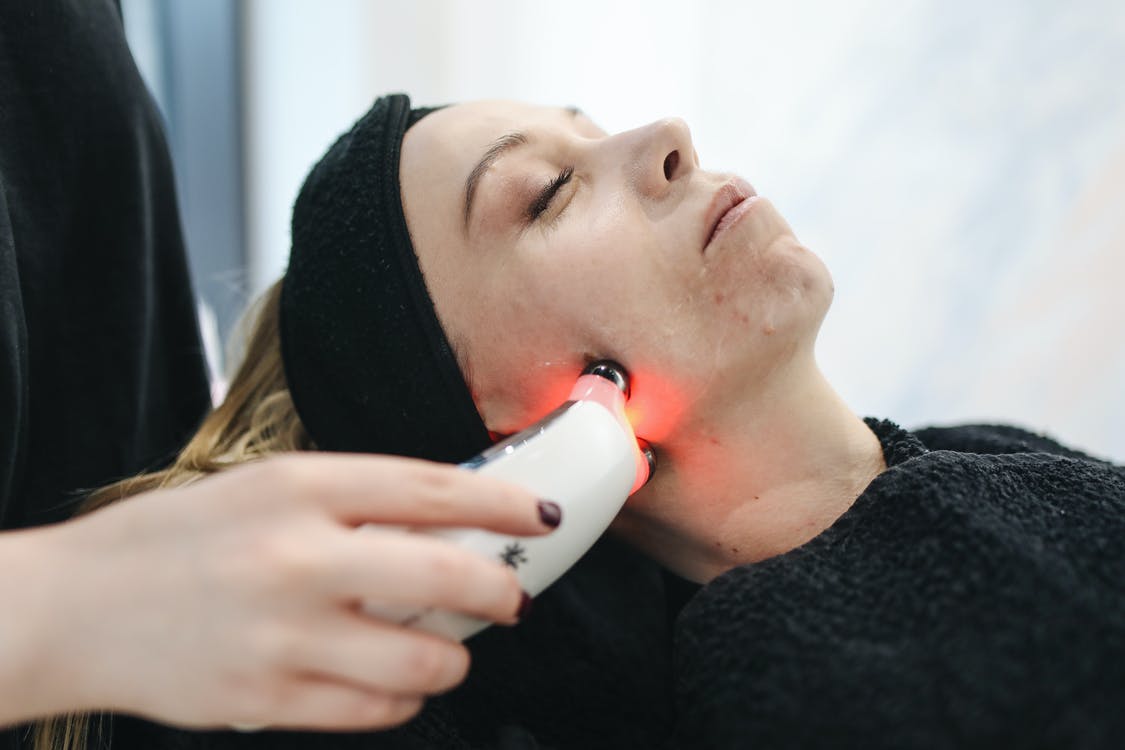Scars are a typical result of an injury, surgery, or acne. They often cause physical and emotional discomfort. While some scars fade over time, others remain visible and can be difficult to conceal. That is why scar removal has become a popular topic. There are many scar removal methods, but not all are effective. This article will discuss seven medically-approved ways to remove scars effectively.
Laser Treatment
Laser treatment has become a standard part of the current cosmetic industry. Laser treatment removes scars by targeting the pigment in the skin. The laser beam is focused on the scar and causes it to break down. It allows the body to heal the area and naturally produce new, healthy skin. Laser treatment is a relatively painless procedure that you can do in a doctor’s office.
When preparing for laser treatment, it is crucial to avoid sun exposure. Sun exposure can cause the laser to target the pigment in the skin other than the scar, resulting in unwanted changes to the skin. You need to consult with a specialist in Scar removal treatments to determine if you qualify for laser treatment. Usually, laser treatment is not recommended for pregnant women, people with a history of melanoma, or keloid formation.
Dermabrasion
Dermabrasion is a surgical procedure that uses a rotating brush to remove the top layer of skin. This method effectively eliminates scars caused by injuries, acne, or chickenpox. However, it is best to check with your insurance provider whether they cover such a procedure since it is costly.
Some patients have also reported that dermabrasion can cause skin discoloration and hypersensitivity.
Cryotherapy
Cryotherapy is a scar removal method that uses cold temperatures to freeze the scar tissue. This method is often used to remove scars caused by injuries or surgery. Cryotherapy can be done in a doctor’s office and is relatively painless. Before beginning this treatment, the doctor will numb the area with a local anesthetic. You should, however, avoid cryotherapy if you have a history of cold sores, as it can cause an outbreak.
Scar Removal Creams
Scar removal creams are relatively common, and you can find them at most pharmacies or online. They are often less expensive than other scar removal methods and work well with acne scars. Scar removal creams break down the scar tissue and promote new tissue growth.
No one cream is better than the rest. You need to consult with a doctor to determine which cream is best for you. It would be best to read about the side effects before buying since some creams can cause skin irritation.
Steroid Injections
Steroid injections are used to remove scars caused by injuries or surgery. Steroid injections work by breaking down the scar tissue and promoting new tissue growth. This method is combined with others, such as laser treatment or dermabrasion.
Before getting a steroid injection, you need to consult with a doctor. Your doctor may advise against steroid injections if you have a history of blood clots or skin problems. Additionally, it may not be effective if your scar has penetrated the deeper layers of the skin.
Silicone Gel Sheets
Silicone gel sheets are a popular treatment for scars. They work by flattening and softening the scar. It helps to reduce the appearance of the scar. You can buy silicone gel sheets over the counter or online. You need to apply the sheet to the scar and leave it on for a few hours each day.
Some people find that silicone gel sheets help reduce the appearance of scars. However, there is no scientific evidence to support this claim. In addition, some people find the sheets challenging to use and uncomfortable to wear.
Microdermabrasion
Microdermabrasion is a procedure that uses tiny particles to exfoliate the skin. This method effectively removes scars caused by injuries, acne, or chickenpox. Unlike dermabrasion, microdermabrasion can be done at home with a kit you buy over the counter.
Microdermabrasion is a relatively painless procedure that can be done every two weeks. Microdermabrasion is only effective against superficial scars and is not recommended for deep scars.
There are a few things you should keep in mind before starting microdermabrasion:
- It would help if you avoided sun exposure as it can cause skin discoloration.
- You should avoid using scrubs or other exfoliating products when microdermabrasion.
- You shouldn’t undergo microdermabrasion if you have a history of skin cancer.
There are several methods that you can use to remove scars. You should consult with a doctor to determine which option is best for you. This article discusses the six methods: dermabrasion, cryotherapy, scar removal creams, steroid injections, silicone gel sheets, and microdermabrasion. Each method has its benefits and drawbacks, so you need to weigh the pros and cons before choosing one.



